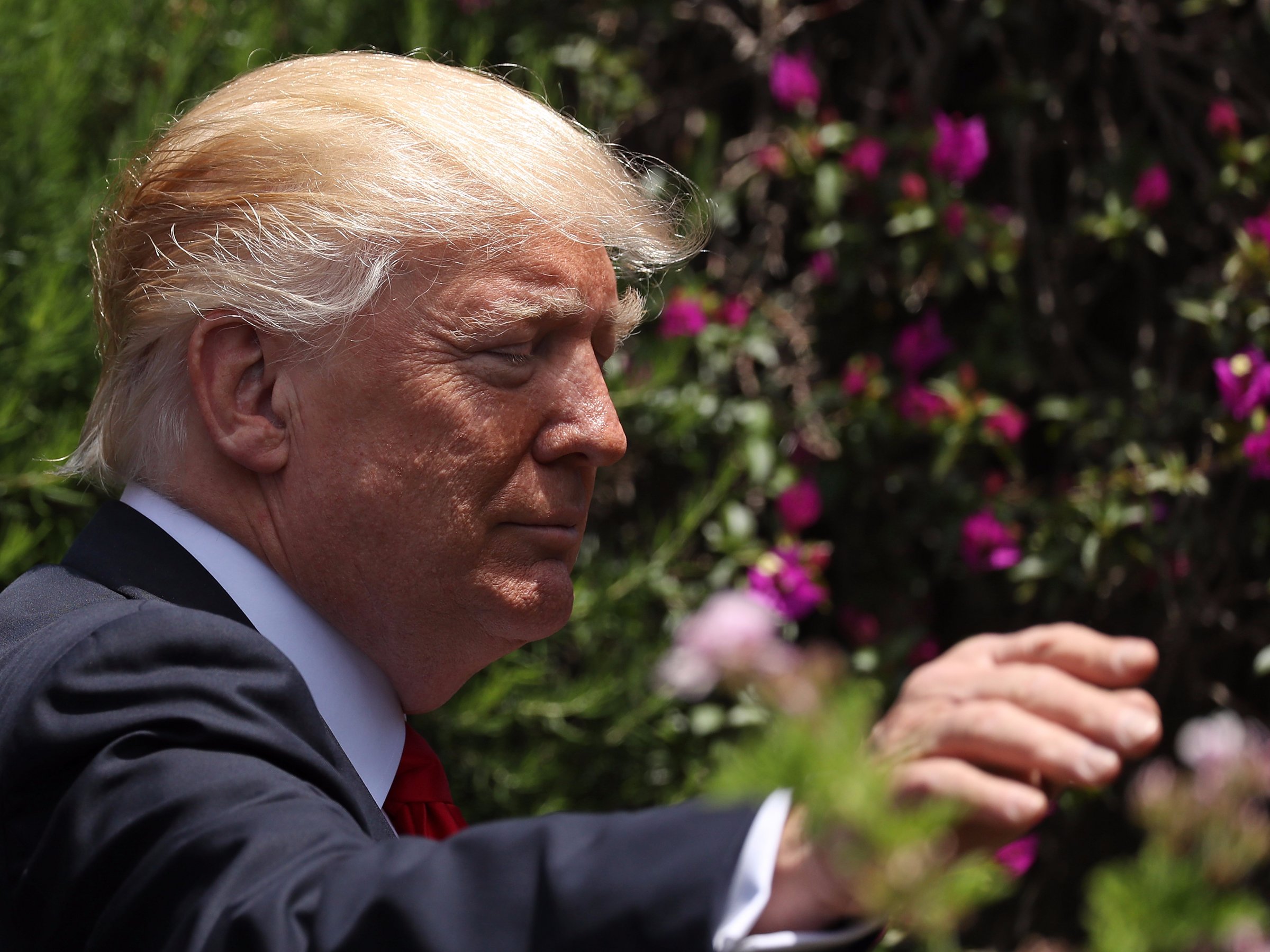11 Dec 2024

Tired Earth
By The Editorial Board

President Trump has announced his intention to pull the US out of the Paris climate agreement.
If the US succeeds in withdrawing from the accord (a process that will take years), the consequences for the environment will be serious. But projections of the additional carbon dioxide (CO2) and global temperature rise that we should expect depend on what other countries decide to do as a result of the US decision.
As the researchers at Climate Interactive have broken down in a detailed analysis, what the US does "matters a great deal," since through 2030, the US part of the agreement is responsible for more than a fifth (21%) of all emissions avoided.
With the US abandoning its commitments, Climate Interactive calculates that by 2025, the country will emit 6.7 gigatons of CO2 per year instead of the 5.3 gigatons of CO2 per year that would be emitted following its current pledges. That would raise global emissions by 3%, with even bigger consequences by 2030 (Climate Interactive calculated 2025-2030 commitments based on the Marrakesh climate talks).
If other countries stick to the pact but the US does pull out, Trump's decision is expected to warm the world an additional .3 degrees Celsius by 2100. But if the US decision puts other aspects of the Paris Agreement in doubt, the consequences are more complicated.
When the US signed onto the Paris Agreement in December 2015, the country set a goal to reduce greenhouse gas emissions by 26% to 28% by 2025, as my colleague Rebecca Harrington has explained.

There are reasons for ambitious goals — the US is the biggest polluter in history, "responsible for almost a third of the excess carbon dioxide that is heating the planet," according to the New York Times. These days, China emits more CO2 overall than the US, though US citizens still are responsible for more than twice as much CO2 per capita — the most of anyone in the world.
The Paris Agreement is a commitment to try to keep global temperature from rising more than 2 degrees Celsius above pre-industrial levels — something climate experts say is necessary to avoid devastating and irreversible consequences, including rising sea levels, searing heat waves, and more.
As the Climate Interactive analysis shows, the pledges countries (the US included) made because of the Paris Agreement alone are unlikely to achieve this goal. The agreement includes plans for countries to revisit their emissions goals periodically. If all countries reached "peak emissions" by 2030 and then cut them at a rate of 5% per year in developed countries and 3.5% per year in developing countries, Climate Interactive estimates that the 2 degree goal could be met.
With the US pulling out of the accord, the calculus changes.
As of right now, it looks like a number of other countries are on track for hitting the goals they set as a result of the Paris Agreement. China and European allies have committed to sticking with the pact.
However, part of the agreement also included the US and other countries helping fund efforts to reduce emissions in developing countries. Obama pledged $3 billion to a fund dedicated to this purpose, but only $1 billion has been transferred so far. In his June 1 announcement, Trump pledged to to drop those commitments. Countries including India (the third-biggest emitter), China, Brazil, and South Africa have issued a statement urging developed countries to honor their financial pledges in order to reduce emissions.
If the US departure and financial pullback does wind up changing the commitments of other countries, here's what Climate Interactive calculates will happen to the environment:
Despite Trump's decision to pull the US out of the agreement, there are other factors that could change the environmental calculus. State and local decisions, market trends away from fossil fuels, private efforts, and future political administrations may all attempt to achieve the original US pledge, especially if the rest of the world remains committed.
Source:businessinsider.com
Comment